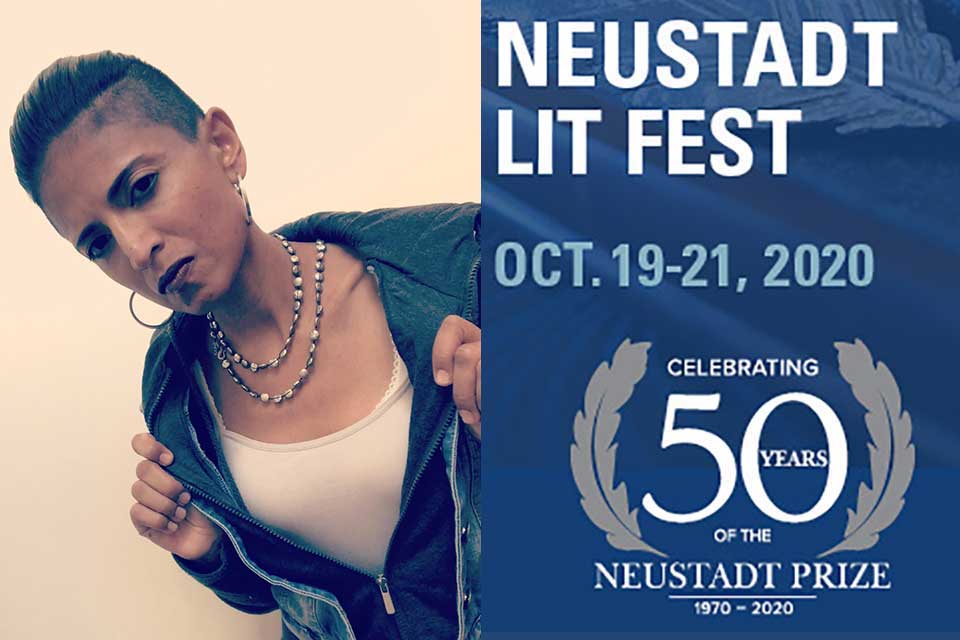The Festival Five with NSK Juror Sonia Patel

Sonia Patel writes out of her experience as a first-generation Indian-American born in New York and raised in Hawaii, an experience lushly and brilliantly explored in her debut novel, Rani Patel in Full Effect. Rani was a finalist for the Morris Award, received four-starred reviews from trade magazines, and was listed on YALSA’s Best Fiction for Young Adults and Kirkus Reviews’ Best Teen Books of 2016. Her YA novels Jaya and Rasa: A Love Story and Bloody Seoul both received the In the Margins Book Award. As a child and adolescent psychiatrist, Patel trained at Stanford University and the University of Hawaii, and has spent over fifteen years providing individual and family psychotherapy to children, adolescents, and their families. She lives in Honolulu with her husband, two teens, and dog.
In addition to serving as a juror for the 2021 NSK Neustadt Prize for Children’s Literature, Patel will participate in the Readings and Book Giveaways by the 2021 NSK Prize Jury event.
Q: What was your first favorite book, the book that made you a reader?
A: It was actually a series—the original Nancy Drew mystery stories, starting with The Secret of the Old Clock. I had at least fifty of them from a used bookstore, and as soon as I finished one I was on to the next!
Q: What is the best book-receiving experience you’ve had?
A: In 2007 my mother-in-law and father-in-law gave me Mary Pipher’s Writing to Change the World. Inside, they’d written, “To dear Sonia, Write—and change the world! With love, Papa & Mama.” At that time, I’d never even considered trying to be a published author, even though I loved writing. But things happen for a reason. And maybe gifts are given for a reason . . .
Q: From among your (likely) tall to-be-read stack, which book or two are you absolutely determined to read soon and why?
A: First, This Bridge Called My Back: Writings by Radical Women of Color, edited by Cherríe Moraga and Gloria Anzaldúa. Through essays, poetry, and art this book explores how women of color relate to the world with their intersecting identities. It was published in the 1980s, but I have a feeling it will be relatable and relevant.
Second, I Am Malala, by Malala Yousafzai. Here is a modern-day feminist/activist/writer who found a way to use her voice no matter how much the world around her tried to silence her.
Q: What is the book you most often gift children and why?
A: The Barefoot Gen graphic novel series, by Keiji Nakazawa, based on the author's experiences as a Hiroshima survivor. I hadn’t read the series until I purchased it for my child. When I saw the effect the books had on him (he laughed, cried, and grieved while reading it and then wrote to the author to express his gratitude; the author had already died, but his wife wrote back!), I knew these were books that taught empathy in an incredible, lasting way.
Q: In addition to writing books, you’re also a psychotherapist. What helpful role can you see books playing in the lives of children and adolescents?
A: Many of the children and teens I treat have endured adverse childhood experiences. The way they are biologically hardwired to experience the world, think, feel, and behave often leaves them feeling alone. Reading can help them feel more connected, whether it’s to escape via fantasy or to relate via realistic works. Reading can also let them see themselves reflected in characters and stories, which also helps them feel more connected to the world. And I can’t emphasize enough the role of reading in promoting empathy for others and themselves.














